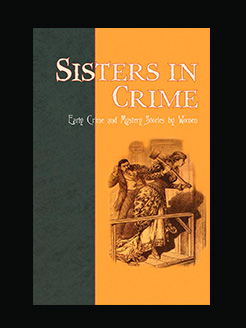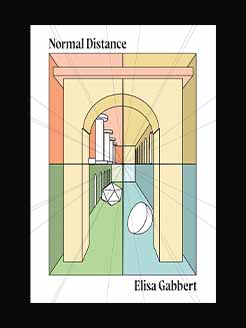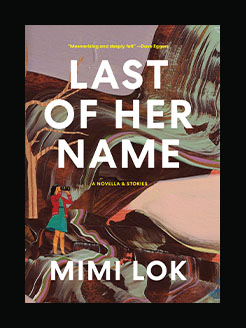Published in 2011
140 pages
Sigrid Nunez has published seven novels, including A Feather on the Breath of God, The Last of Her Kind, Salvation City, and The Friend. She is also the author of Sempre Susan: A Memoir of Susan Sontag. Among the journals to which she has contributed are The New York Times, The New York Times Book Review, The Paris Review, Threepenny Review, Harper’s, McSweeney’s, Tin House, and The Believer. Her work has also appeared in several anthologies, including four Pushcart Prize volumes and four anthologies of Asian American literature.
Sigrid’s honors and awards include a Whiting Writer’s Award, a Berlin Prize Fellowship, and two awards from the American Academy of Arts and Letters: the Rosenthal Foundation Award and the Rome Prize in Literature. She has taught at Columbia, Princeton, Boston University, and the New School, and has been a visiting writer or writer in residence at Amherst, Smith, Baruch, Vassar, and the University of California, Irvine, among others. In spring, 2019, she will be visiting writer at Syracuse University. Sigrid has also been on the faculty of the Bread Loaf Writers’ Conference and of several other writers’ conferences across the country. She lives in New York City.
What is this book about?
Sigrid Núñez was an aspiring writer when she first met Susan Sontag, already a legendary figure known for her polemical essays, blinding intelligence, and edgy personal style. Sontag introduced Núñez to her son, the writer David Rieff, and the two began dating. Soon Núñez moved into the apartment that Rieff and Sontag shared. As Sontag told Núñez, “Who says we have to live like everyone else?”
Sontag’s influence on Núñez, who went on to become a successful novelist, would be profound. Described by Núñez as “a natural mentor,” who saw educating others as both a moral obligation and a source of endless pleasure, Sontag inevitably infected those around her with her many cultural and intellectual passions. In this poignant, intimate memoir, Núñez speaks of her gratitude for having had, as an early model, “someone who held such an exalted, unironic view of the writer’s vocation.” For Sontag, she writes, “there could be no nobler pursuit, no greater adventure, no more rewarding quest.” Núñez gives a sharp sense of the charged, polarizing atmosphere that enveloped Sontag whenever she published a book, gave a lecture, or simply walked into a room. Published more than six years after Sontag’s death, Sempre Susan is a startlingly truthful portrait of this outsized personality, who made being an intellectual a glamorous occupation.







